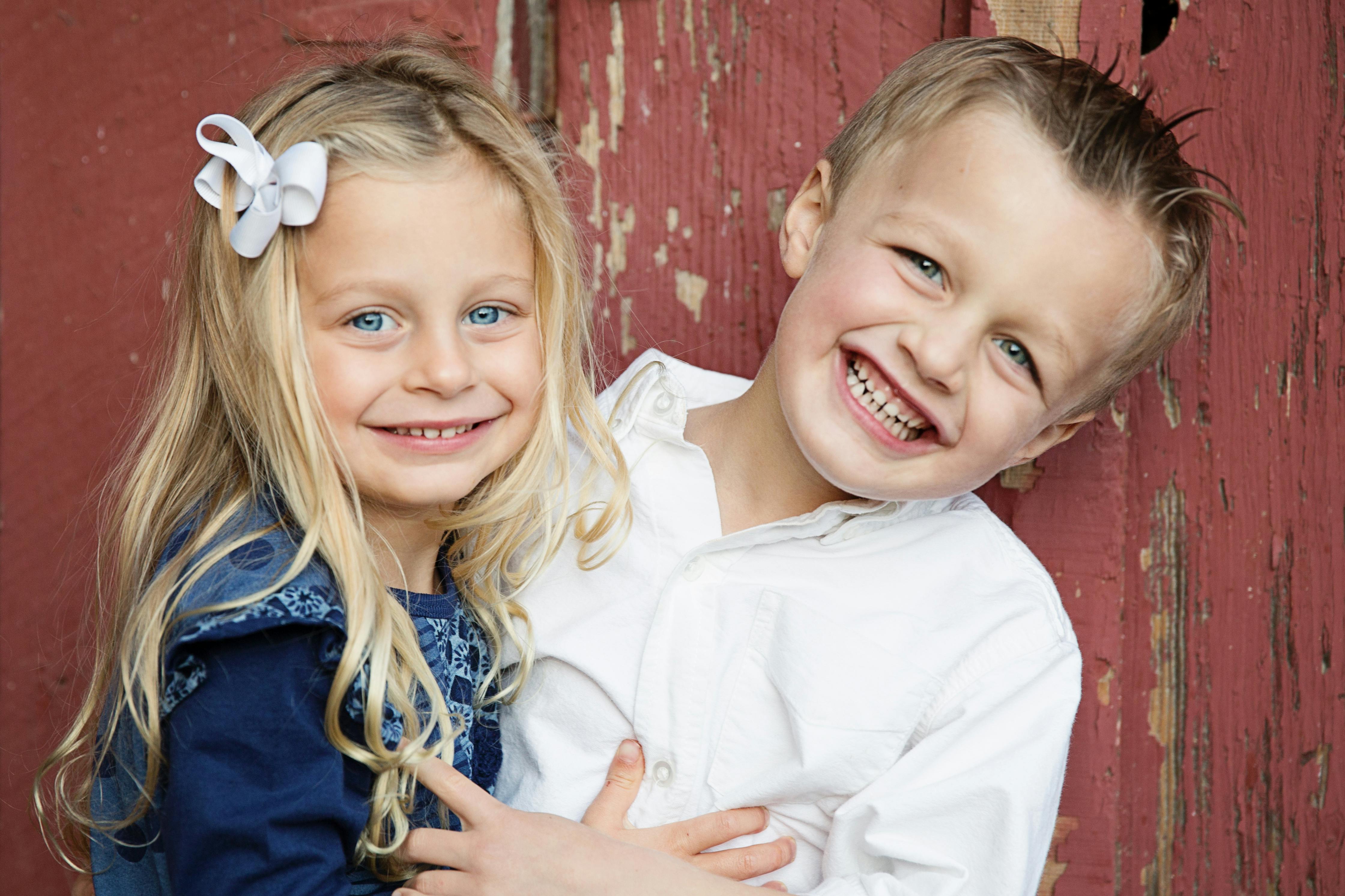You might have to rely a lot on Mother Nature when it comes to your baby's gender and genetics, but there are things that you can do to increase your chances of having twins.
Although it's more common to conceive twins if you've had IVF treatment, 1 in 250 pregnancies result in twins naturally. From what you eat to the size of your family, get clued up on whether you're more likely to need a double buggy...
How common are twins?
The NHSstate that about 1 in every 65 births in the UK today are twins, triplets or more.
Many fertility experts believe twins are more common than we are aware of, it is reasonably common for more than one embryo to be implanted, yet in a lot of cases, only one twin survives.
How do I know if I'm carrying twins?
Many couples expecting can find out if they are having twins through the 8 week scan or dating ultrasound scan when you're 8 to 14 weeks pregnant, but the NHS says there are some other signs to look out for:
• If you seem bigger than you should be for your dates
• Twins run in your family
• You have had fertility treatment
7 factors that increase your chance of having twins
Identical twins, which make up around a third of twin pregnancies, come from one egg and are basically a fluke of nature – there’s no known common factor in those. But with non-identical twins or triplets, which come from different eggs, there are several shared influences.
1) Your family history
Yes, that’s your history, not his. In fact, even if your partner has twins in his family, it makes no difference.
It’s all about the woman because you’re the one producing the eggs, so if you or your mum are twins, or perhaps your sister has multiple babies, then you’ll be more likely to conceive more than one.
2) Your lifestyle
Women who have a low-fat diet, especially vegans and vegetarians, are less likely to have multiples than someone who goes for the whole milk and tucks into steak every Friday.
The possible causes of this are subtle hormonal changes in people with these different diets, as well as perhaps someone with a higher fat diet having a higher body mass index (BMI) – that’s a measure for checking how healthy your weight is in relation to your height.
That said, even if you are a veggie, there's plenty of fertility superfoods to start adding to your diet if you are trying to conceive – whether that's one baby or two!
3) Coming off the pill
There's also an idea that if you get pregnant on the pill, or conceive soon after coming off the pill, you are more likely to get pregnant with twins. As difficult as this can be, the idea behind this theory is that for the first couple of cycles after coming off the pill, your body goes through a hormonal readjustment and more eggs can be released.
4) The number of children you have
Chances are this is just a case of odds – but research suggests the more children you've had, the more likely at some stage you'll conceive multiples. Your chances of conceiving twins are also thought to be higher if you already have twins.
There's also a possibility that if you've always become pregnant in the past, you're basically a good ovulator.
5) Where you're from
Western Europe sees around one in 60 twin pregnancies, while they're much more rare in South East Asia. Meanwhile, in Nigeria, twins make up one in every 20 or 30 pregnancies!
Interestingly, this seems to be more to do with the combination of location and race rather than race alone – if you're Nigerian and living in another country, you're less likely to conceive multiples than if you're based in Nigeria. There are no real theories that account for why this is the case, but it could be to do with climate or diet.
6) Maternal age
Naturally conceived twins and triplets are more common in women in their 30s and 40s. This is because of the way ovaries work and how their function changes with age, so you may release more than one egg each month.
Fertility expert Emma Cannon says "There is some idea that the older you are the more likely you are to conceive twins, because apparently as you reach the end of your fertile life the body panics a bit and often releases more than one egg, so that's one way – it's a bit risky though!"
7) Fertility treatment
One of the biggest factors that could boost your likelihood of having more than one child is having fertility treatment, such as IVF. It's down to your body being given drugs to stimulate it to ovulate and produce eggs. Those using a surrogate could also mean you have a greater chance of having multiples, as often more than one embryo is implanted. Although implanting multiple embryos doesn't guarantee multiple births, it definitely increases the possibility!
Identical vs fraternal (non-identical)
Before we talk about increasing your chances of adding two to your brood, it's important to understand how twins are made. You'll probably know that there are two types of twins: identical and non-identical.
Identical twins

Identical, or monozygotic twins are made when one egg is fertilised by one sperm, which divides into two separate embryos.
They'll not only look identical but share the same genetic structures and the same placenta.
You can find out if your twins will be identical through a DNA test.
Non-identical or fraternal twins

Non-identical or fraternal twins are made when two separate eggs are fertilised by two separate sperm.
These twins will have their own genetic composition and will have their own placentas. This type of twin is more common.
